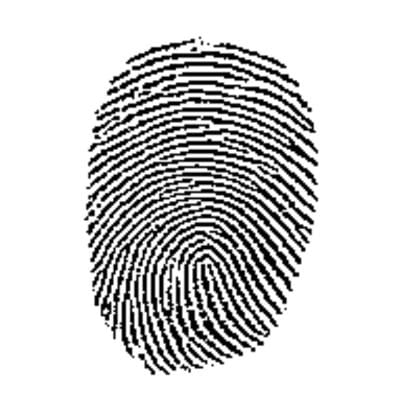For Madison Goldston, buying cigarettes is a daily reminder that Nova Scotia does not recognize her identity.
“It’s very embarrassing to get carded when you’re out and about trying to present as female and you know you’re passing,” says the 29-year-old.
As a male-to-female transgender person, Goldston’s driver’s licence bears her birth name, Matthew. Goldston, who has been transitioning for two months, says getting her friends and family to recognize her new name was easy; it’s getting legal identification that’s hard.
Now the Nova Scotia government is adding an extra step to obtaining a legal name change. On Nov 8, MLA John MacDonnell introduced the Identification of Criminals Act. This law would make fingerprinting mandatory before Nova Scotians can change their names.
The act, which has already passed first reading in the Nova Scotia legislature, is aimed at making it more difficult for those who want to change their identities to elude law enforcement. Exemptions would be made under the act for people taking their spouse’s name after marriage and for children. But trans activist and Dalhousie student Shay Enxuga wonders why an exception is not also made for trans people. He says some will delay changing their names if the act as it stands now passes into law.
“I think that it puts an extra burden on trans people . . . through unnecessary, bureaucratic procedures,” Enxuga says.
In an email, a Nova Scotia Department of Justice representative writes that the province would consider making more exemptions under the act.
“We are always sensitive to Nova Scotia’s diversity,” writes Dan Harrison, a department communications advisor. “There were discussions around the impact the legislation would have on various communities, including transgendered people
. . . The regulations, which will include who will be exempt, will be developed over the coming months.”
Enxuga says it can be difficult for trans people to access public services without proper documentation, citing healthcare as a prime example.
“The relationship between trans people and the police is similar,” says Enxuga. “[Trans people] have a long history of criminalization and abuse at the hands of the police.”
According to Harrison, police are prepared to deal with trans people constructively.
“Law enforcement agencies have daily interaction with individuals from many different communities,” he writes. “Many also have mandatory sensitivity training. We expect police will continue to respect and understand the diverse communities they serve.”
British Columbia, Alberta and Manitoba have passed similar laws.
Goldston says that trans people expect to go through bureaucratic hoops during their transition and that fingerprinting is just another step in the process.
“I am not really too worried about it because I don’t have a criminal record or background,” she says. “I wouldn’t mind someone taking my fingerprints, if it means I get my name legally. I know I am going to fill out forms anyway.”
Goldston understands how trans people would take a “blow to the self-esteem” for the added red tape. But ultimately, she thinks the Identification of Criminals Act is for the best.
“To me, it’s not much of a sacrifice to ensure the safety of my fellow Canadians. I think trans people should be more open to the idea, that this one extra law is really not going to stand in our way,” she says.

 Why you can trust Xtra
Why you can trust Xtra


